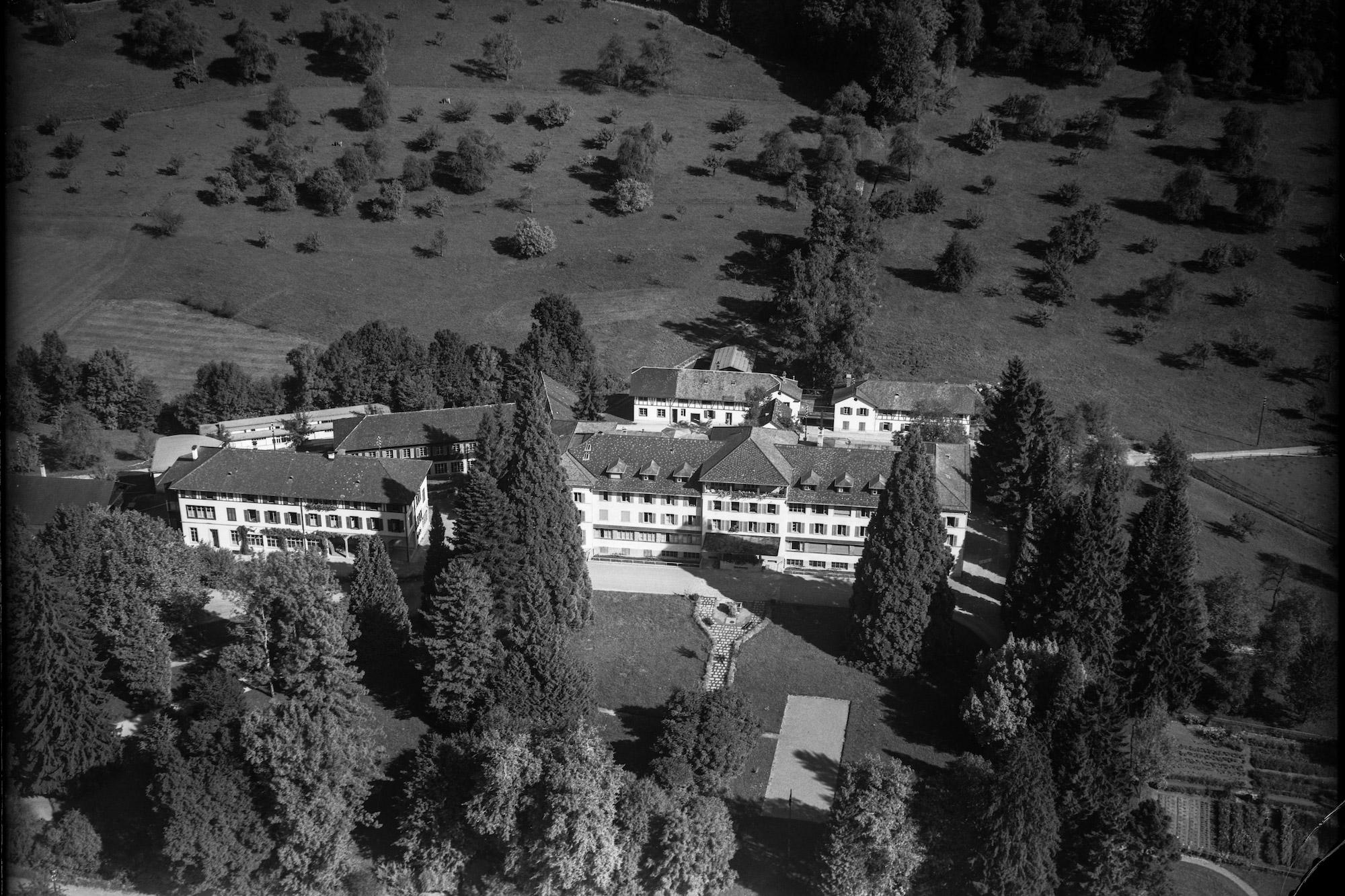Project on residential special-needs education completed

Using the Landerziehungsheim Albisbrunn as an example, this study shows that placing children and young people in care is a complex and multifaceted issue.
Founded in 1924, for a long time the Landerziehungsheim Albisbrunn country boarding school in the Zurich municipality of Hausen am Albis was a home for boys and male teenagers deemed to have behavioural problems. It accommodated up to 90 children and young people who had been either sentenced under juvenile law or ordered to undergo educational measures, had been placed in care involuntarily, or whose parents had contacted the home directly. Examination of the home as a case study focusing on the period 1924–1990 allowed the team of researchers at the University of Zurich and FHNW School of Education to consider key questions regarding placement in care and the treatment of children and young people who deviated from the norm.
This showed that the home managers were faced almost constantly with recurring problems or perceived problems. Issues included the funding of the home, criticism of residential care, and children running away from the home. However, the way in which these problems were handled changed over the period of the study. In the 1960s, for example, there was a stronger focus on educational and therapeutic concepts.
Landerziehungsheim Albisbrunn adhered to mechanisms that were also applied to other homes in Switzerland. These included drastic educational and out-of-home placement practices, ongoing financial difficulties, the legitimation of placement decisions on the basis of psychiatric assessments, and intensive cooperation with the authorities.
